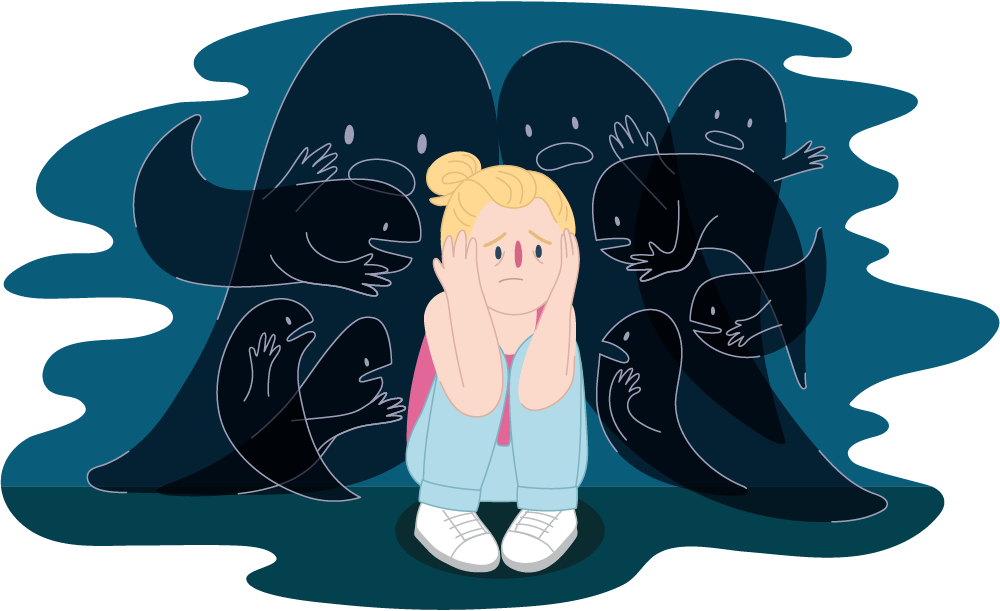I hear voices but I have learnt how to deal with them

Rachel Waddingham leads a fulfilling and hectic life which involves juggling several posts, managing a London-wide mental health project, taking part in committees and speaking at conferences and events on mental illness
What makes this remarkable is that at any one time Rachel suffers from a symptom of psychosis which means she may hear several – sometimes conflicting – voices in her head. She has had to manage a total of 13 different voices in her head for the past 20 years.
The 35-year-old has an array of mental health conditions; she has been diagnosed with schizo-affective disorder and dissociative identity disorder as well as PTSD (post-traumatic stress disorder) and psychosis.
Rachel prefers not to label herself with any of these conditions and instead tells people she is a “survivor of trauma”.
“I suffered a number of traumas during my childhood,” she said. “One involved me being sexually abused.
“I kept this hidden for a long time which I think led to the psychosis. I started seeing visions when I was at primary school and by the time I was a teenager I felt convinced I was part of an alien experiment. Opening up and talking about it just didn’t seem possible”.
After a stint in a psychiatric hospital and years of prescribed drugs which she said left her feeling “groggy and demotivated” she embarked on a form of “talking therapy” and has not been on medication for the past four years.
Historically people with psychosis, schizophrenia and other associated disorders were not offered a talking therapy such as Cognitive Behavioural Therapy (CBT) because it was regarded as “dangerous” for them to talk about their condition. This old-fashioned view meant people were often given cocktails of drugs which never really dealt with underlying problems.
Rather than hinder her in her adult life, Rachel believes her experiences have actually assisted her in dealing with her everyday life. She works full time at Mind in Camden managing a network of support groups for people who are struggling with voices and visions, she trains mental health professionals – some at South London and Maudsley NHS Foundation Trust – and she has set up her own website called Behind the Label.
“The skills I have developed to manage my voices really help me in my work”, she said. “I hear voices all the time, so I’ve had to learn how to multi-task. The coping mechanisms that help me leave the voices in the background sometimes also help me focus when I need to meet a deadline. My conflict management and negotiation skills are as useful for the outer world as they are when dealing with some of my more aggressive voices”.
Rachel has in depth knowledge of mental health services and psychiatric hospitals – she spent eight months in one at her worst point – and uses this experience to help others deal with their problems. She manages the London Hearing Voices Project, based in Camden, and supports people to find ways of coping with distressing voices.
“Talking about problems is the best way to help healing,” Rachel said. “Before I was offered any talking therapy I felt really isolated. Then, when I first went to a Hearing Voices Group I realised that I was not some kind of monster. I wasn’t a freak. When I finally started art therapy, a few years ago, it was crucial to find someone who was able to help me work with my voices in more depth and heal from the traumas in my past.”
“I also talk to my husband and that helps too. I am a different person today because of this. If you met me 10 years ago this is a future that you would never have imagined for me.”
By Rachel


